Knowing how to run a grassroots football club is tough. There are so many elements to consider. Here’s our guide to getting started, with a little help from those who have.
Interviews and words by Mike Backler. Images from the clubs and Hackney Marshes Grassroots Photography.
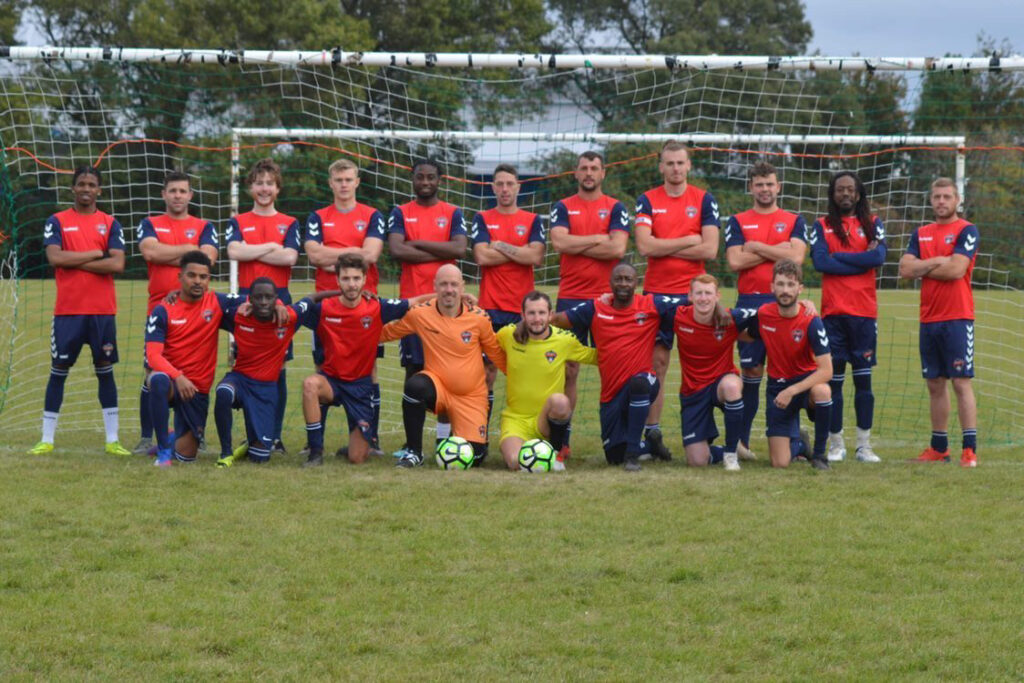
Grassroots football has an army of volunteers like no other. Setting up and running a team is hard, but anything that is truly worthwhile always is. Managing the communication, availability, kit, equipment and finances and the twenty different needs, requirements and commitment of a squad is no mean feat. But what can be created can be truly beautiful and there aren’t many things that pull people together and are as satisfying as ensuring the physical, mental and social benefits of a group of mates each weekend and watching it grow.
It’s not easy, but we want to make it easier for those that have entertained the idea, and support those that are finding it tough. We are grassroots managers ourselves, and we have spoken with four teams that are making it work. Relatively new teams that are run properly and are already providing inclusive and well organised environments for their communities to play football.
Make sure you have the passion and the time and the drive to do this”
Huge thanks to Mark from Sunday FC Men’s and John and Liam from City East FC Men’s in the Hackney and Leyton League, Chris from AFC Acorns Women’s who have two senior teams – one of which plays in the London & South East Regional League – and to Ravinder from Grand Sports Club Men’s in the Rochester and District League.
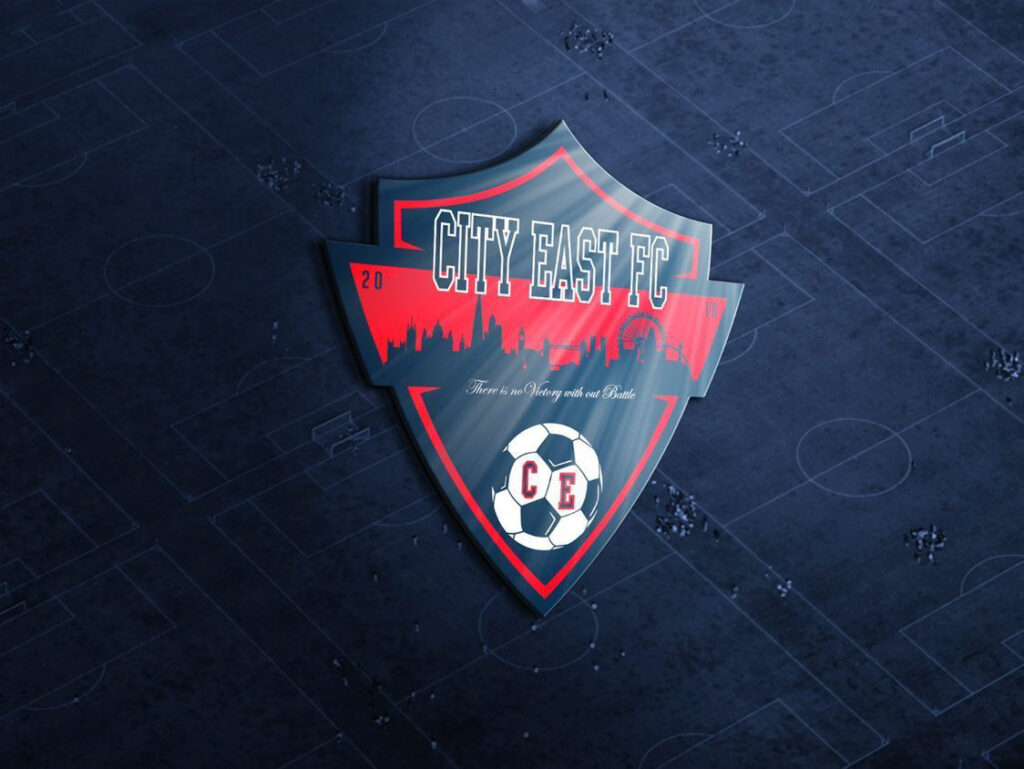

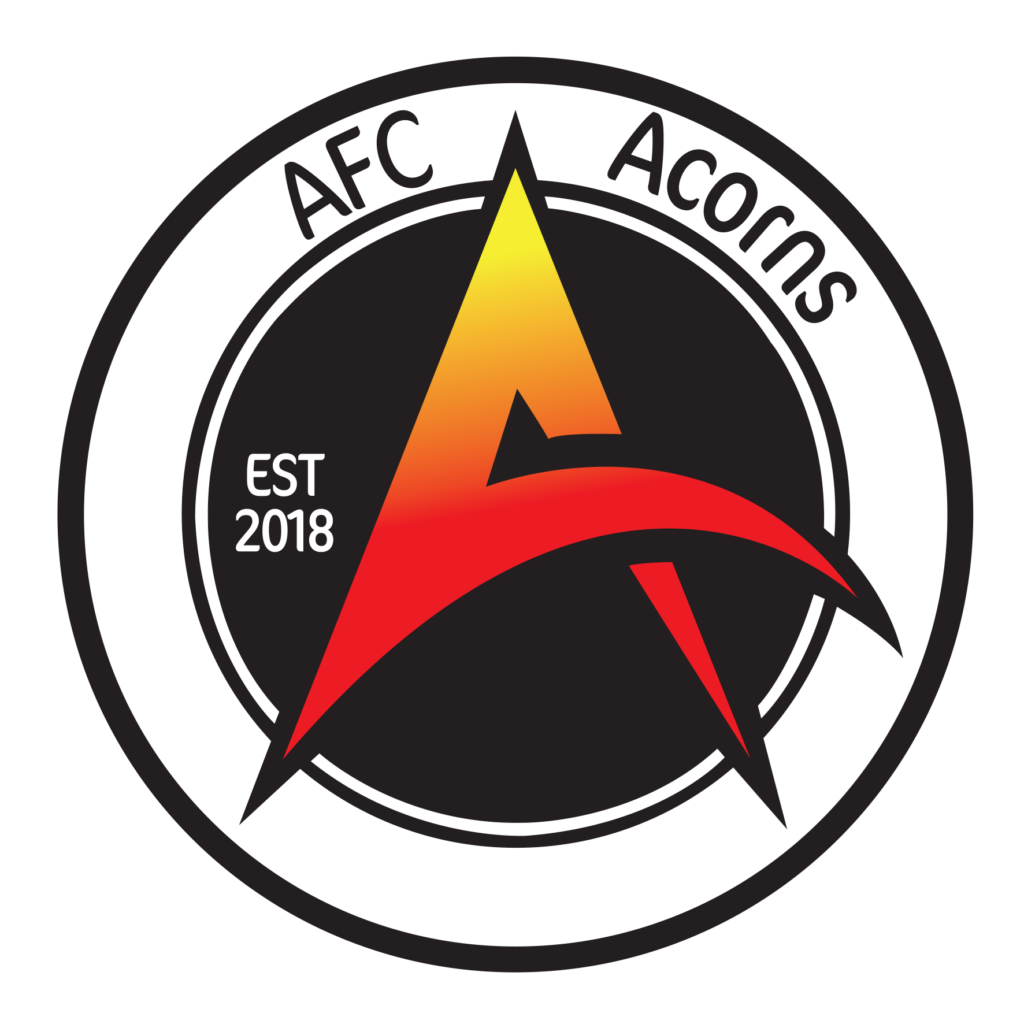
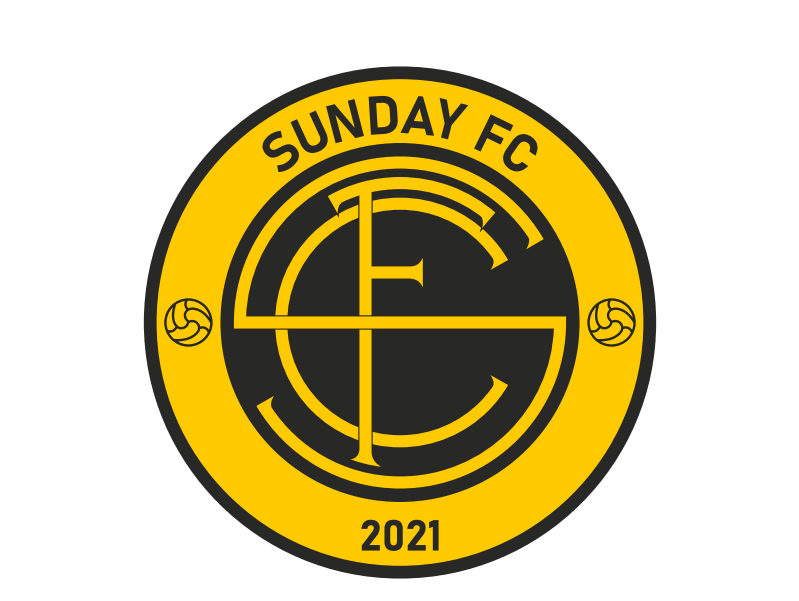
GETTING STARTED
Sometimes it’s hard to know where to start. First of all, check in with yourself – make sure you have the passion and the time and the drive to do this. Accept that there will be ups and downs, and things beyond your control. Approach an already established club that has space for a team, or take the great leap and start one yourself. Though you won’t have a full squad just yet, it’s a good idea to have a pool of friends that will come along with you.
Mark at Sunday FC did just that. “We are a brand new team but seven of us came over from a Saturday team playing in the Essex Alliance Leagues. This is our inaugural season. We’re not even a year old, although some of the grey hairs beg to differ!” John and Liam also built their club from an already established group. “Talks began around 2017 with a few friends but we officially started City East FC in 2018. We’ve been going for four seasons now and are not looking to stop anytime soon. It’s been one of our greatest decisions, starting a football team.”
Rav started the club from a pool of players that were already attending football fitness sessions. “The club was born in 2015. We were a new side, created on the back of a Health Project to get men back into football.” And Chris at AFC Acorns had the pandemic to contend with: “We started the club in 2020; just as Covid-19 hit the UK, we launched with two senior women’s teams.”
SUPPORT
Support is vital. It may feel like your baby, but you need to let go and let others get involved. A majority of people will just want to turn up around other commitments and pay their subs and play, which is totally fine, but there are always those that will want to help and understand that you need support to help it thrive. Every club we spoke to has a management team. You’ll figure out very quickly who can help.
Chris at AFC Acorns recognised this immediately. “We formed a management team and committee to ensure general day-to-day management and planning for short, medium and long-term growth.” As did Rav. “We have support over both clubs; you must, otherwise you will get overwhelmed.”
If you play in the team, like Mark, you’ll definitely need support. “There’s three-to-four of us who run it, split the roles but always able to share the load when needed. We’re all playing too so it can be a bit of a juggle on match days when you’re wrangling people, sorting kit and team sheets, when you’re meant to be warming up.”
John and Liam found out the hard way: “Originally it was just us for the first season, but we came to learn it was going to be a bit harder than we first thought … luckily enough, with the help of others, we now have a management team of seven. We are all league representatives and it’s usually rotated between us for league meetings.”
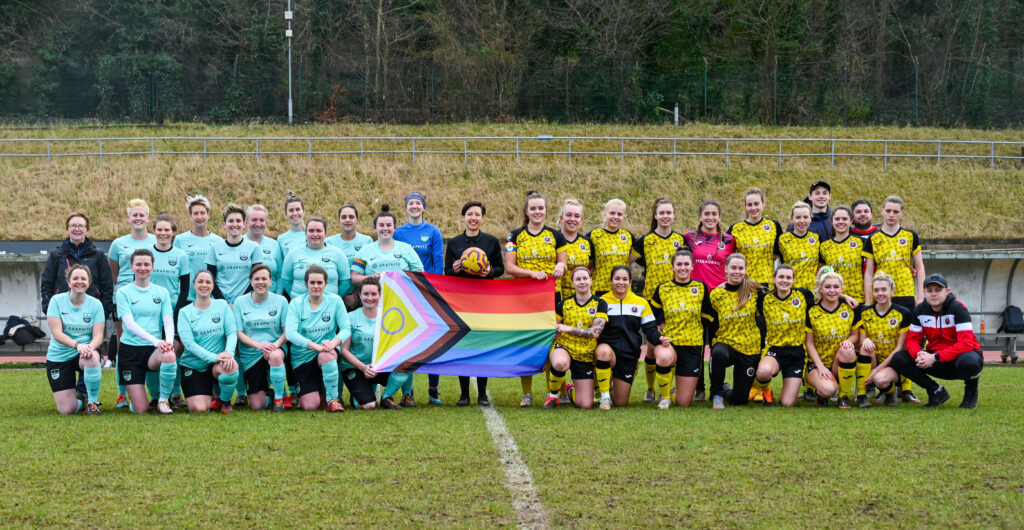
RECRUITMENT
So, you’re committed, you’ve got your team name, your pool of players along for the ride and your support. Now comes the hard part. There’s no perfect method for recruiting new players. Having a few involved already definitely helps, so that people can see the type of player and individual they will be playing with. AFC Acorns work alongside local schools and academies but if this isn’t your level, it’s time to go full Harry Redknapp and sell the dream. Every player that has played regularly has a bank of contacts, so you must lean on them to make an introduction and just keep posting. What you can uncover may be a pleasant surprise!
As John and Liam found out: “To be honest, it’s pretty much been word of mouth. Everyone in our team is a childhood friend or relative. Although we’ve actually had two great signings through them contacting us via email or on social media. Andrew our Scottish journalist. And Adam Groom, ‘The Shrewsbury Broom’. Literally sweeps up everything at the back!”
“Obviously it’s a bit of a lottery when you put the call out but we’ve been lucky to find good lads, not just good players”
Mark had similar success, albeit at the last minute. “We had about eight players with a few weeks to go before the season. Thankfully Gumtree came to the rescue. We’ve found players who are now new mates through the ads we put out – lads from Italy, France, Greece and Newbury. Obviously it’s a bit of a lottery when you put the call out but we’ve been lucky to find good lads, not just good players.”
Other clubs may sadly be folding so it might be worth offering players a chance to continue playing. Beyond the usual channels like Facebook, Instagram and Gumtree there are also platforms that can help. Rav appreciates the work involved. “Via word of mouth of the players in the squad and every social media platform going, all the random ‘Player Wanted’ Facebook groups and pages, adverts went and still go anywhere. We also have the Kent FA’s Perfect Match tool.”
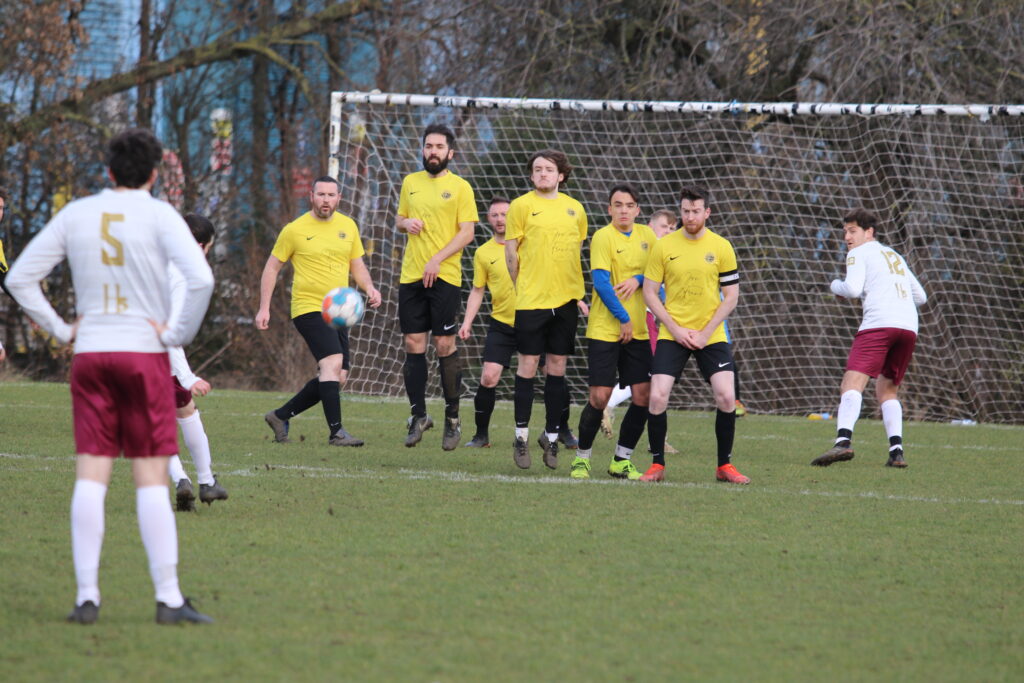
KIT AND EQUIPMENT
Again, begin by asking the question of your players. Your bank of contacts for a kit or a local sponsor or supplier are multiplied everytime someone asks the same questions to their network as you. But in truth, as long as you have something to get started with you can revisit later on as you grow. The main thing is getting out there! As Mark can testify: “We kindly borrowed a rather heavy long sleeve kit from a Gaelic football team, which kept us clothed until we found a sponsor who could help us buy our own kit.”
Chris and his management team had a plan in place. “Working very hard with the committee, we created a commercial plan to fund everything required. In normal years we would have been able to claim grants from ‘Grow The Game’, but due to Covid-19, all funding was withdrawn at the local FA level. We rely on local partners and sponsors to keep membership at a low rate while also providing good kit, equipment and training facilities.”
If it’s too early for sponsorship and you don’t have access to a kit, ask the team if they’d be happy to contribute. What can feel like a huge figure suddenly becomes more manageable when split among the squad. John and Liam work to this model. “Kits and equipment, everything is self-funded and players have helped where and when they can.”
JOINING A LEAGUE OR COMPETITION
Be persistent, like Mark. “I sent about twenty emails to the Hackney and Leyton League hoping to squeeze us in and thankfully they did. We didn’t want to play anywhere else but the football Mecca of Hackney Marshes, and to be fair we love it.”
The best thing in your favour is that you already have worked hard on all of the above, and leagues and County FAs know that you are in it for the long term, are organised, have a squad and are serious. Some leagues will require you to be part of an established club, as Rav found out. “Firstly, I messaged the Kent County League, who informed me you must be established and meet certain requirements for their level and redirected me to the Rochester & District League. Once I emailed them, they informed me of the process, and we applied and were accepted.”
There is always information online and John and Liam have been lucky that April, a member of their management team, is a dab hand at getting them set up. “Entering competitions like the London FA Sunday Cup is quite simple as you can just google it. Any other competition is usually forwarded to us by April – she’s always looking for ways to win silverware. April has also been a massive help with the day-to-day running of the club, dealing with emails from the London FA and the league, booking our training facilities, etc. She’s even been asked to be a part of the League Committee of the Hackney and Leyton League.”
Another example of that support team working for you. It’s so important you surround yourself with people who want to see you grow.
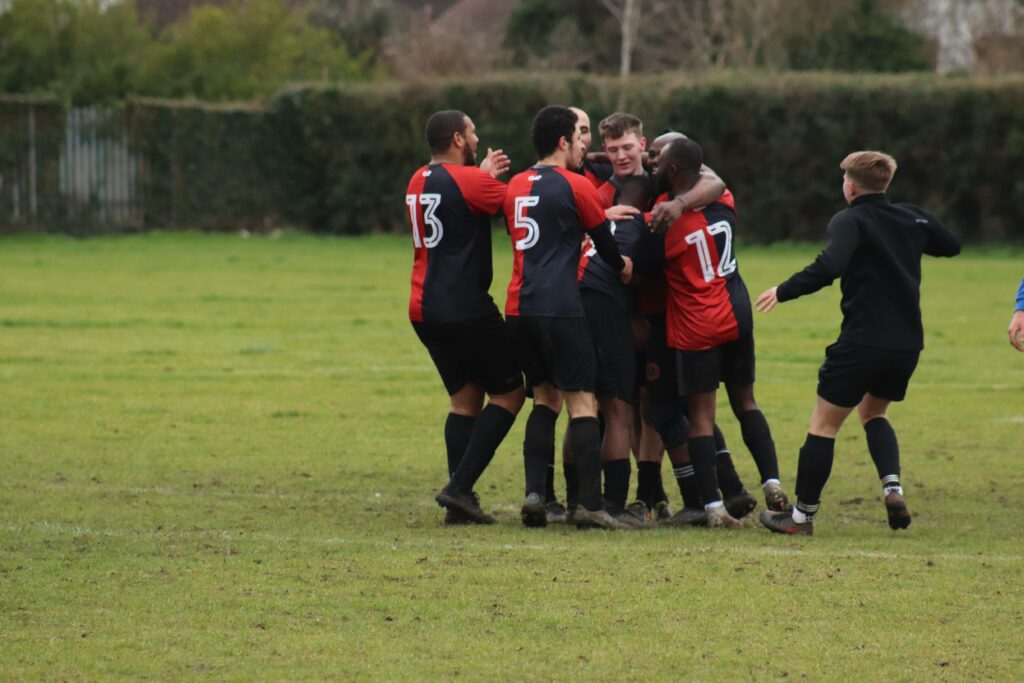
AVAILABILITY AND FUNDS
So, after all that, it’s time to actually play some games. Get some friendlies in against local opposition. How you decide to manage your day to day when it comes to availability and funds is crucial to saving yourself time and keeping things streamlined and efficient.
We use Spond to manage availability, communicate with players and pay our subs. It’s been an incredibly effective tool for us over the past few seasons.
Rav is still going down the WhatsApp route! “WhatsApp – thousands of groups, individual chats – it is literally endless! But worth it when the weekend comes.” But be warned: this can be hard to manage or keep control of if you’re not a man like Rav. Chris uses TeamApp to manage training and matchday availability.
“How you decide to manage your day to day when it comes to availability and funds is crucial to saving yourself time”
City East have their own system. “We’ve got a decent little system where the players copy and paste a layout to confirm their availability for match day and will leave a certain emoji for how they’re paying their subs, whether it’s cash or via bank transfer.” John and Liam appreciate the importance of getting this right. “We are a self-funded club and for the past four seasons we have relied a lot on the players turning up, paying their subs and signing fees on time. Every and any penny received goes straight back into the club to pay for pitch permits, booking training and replacing kits and equipment.”
It’s about finding a time-effective and organised way that works for you, but keeping hold of this is crucial to any grassroots club.
VALUES & COMMUNITY
What you promote both on and off the pitch is vital. To recruitment, to player happiness, to your relationship with leagues and officials, and to your chances of receiving sponsorship. DO NOT BRING DICKHEADS into your club, however good they are.
A positive culture where players are part of something bigger than just a football team will add so much to your club.
Mark from Sunday FC has got it right. “We’ve played eleven-a-side for years, and what we realised was that if you’re not enjoying the bits before and after the games then you don’t enjoy the time during the game. So we’ve made it clear that we want to create a positive and supportive culture, no egos, no benching a regular to play your ex-semi-pro mate, no politics. We lost our first six matches and I was expecting people to sack it off, but amazingly everyone has stuck around.”
“A positive culture where players are part of something bigger than just a football team will add so much to your club”
As has Rav. “Everyone is welcome, and the club is a safe space where you can come and play football. No judgments.” Chris recognises this too: “Inclusivity, ALL areas. On a personal level and being part of a health club we like to offer and promote the benefits of self-investment.” John and Liam agree. “The values we try to promote at City East are commitment, family, brotherhood, hard work and being on time! Early preparation is a big key to our success. We are out fixing the nets and doing our warm ups every week, regardless of what the weather brings.”

Social and fundraising events can be key to a side’s togetherness and success and players buying into the whole ethos, as well as engaging with local community establishments and organisations. Whether that be local charities, food banks or even just generating business for the local pub!
Grand Sports are hugely involved in the local community. “We have run some coaching sessions with the local council during the summer of 2021 and we will be working closely with the local youth services at The Grand to provide football and basketball (which we hope leads to a Grand Basketball side).” City East’s manager has “helped a few of our younger players with job courses linked with a local youth club”, and AFC Acorns support local academies, cancer and mental health charities. “In 2022 we are about to launch a very special community project which will be the first of its kind in our local area.”
IN CONCLUSION
So, is there a perfect way to run a grassroots football club? No, everyone is different and different ways of working suit different people. But by focusing on the above topics in the right order and ensuring the values are upheld within the club, you can’t go too far wrong.


